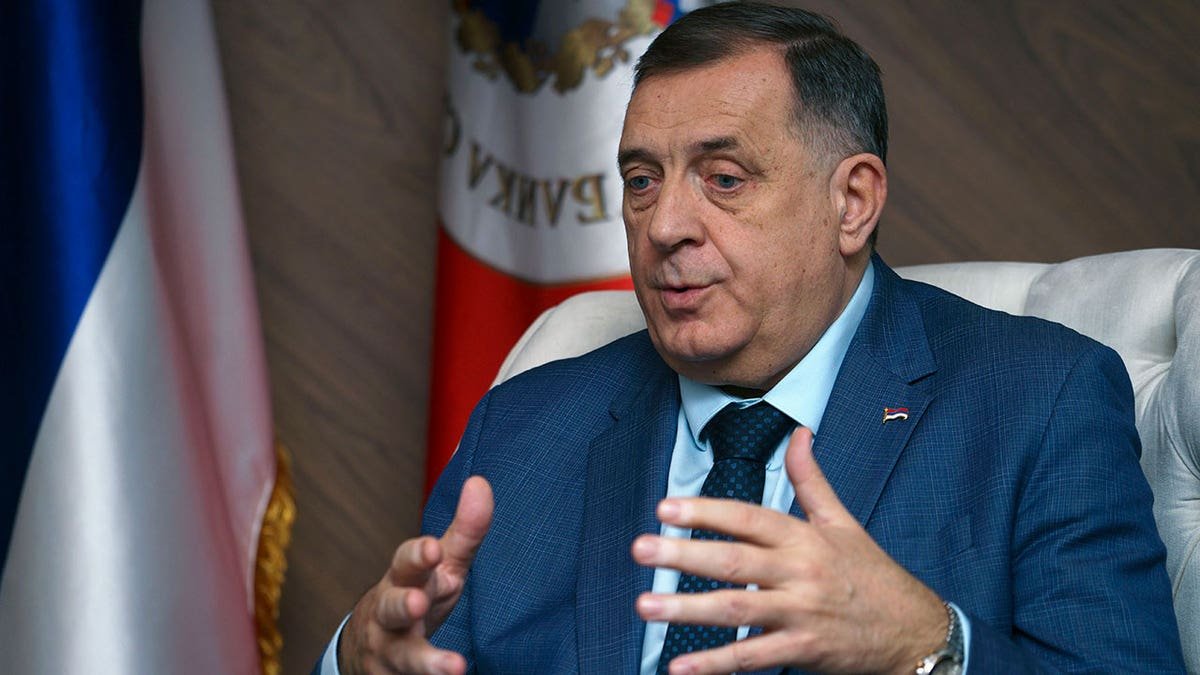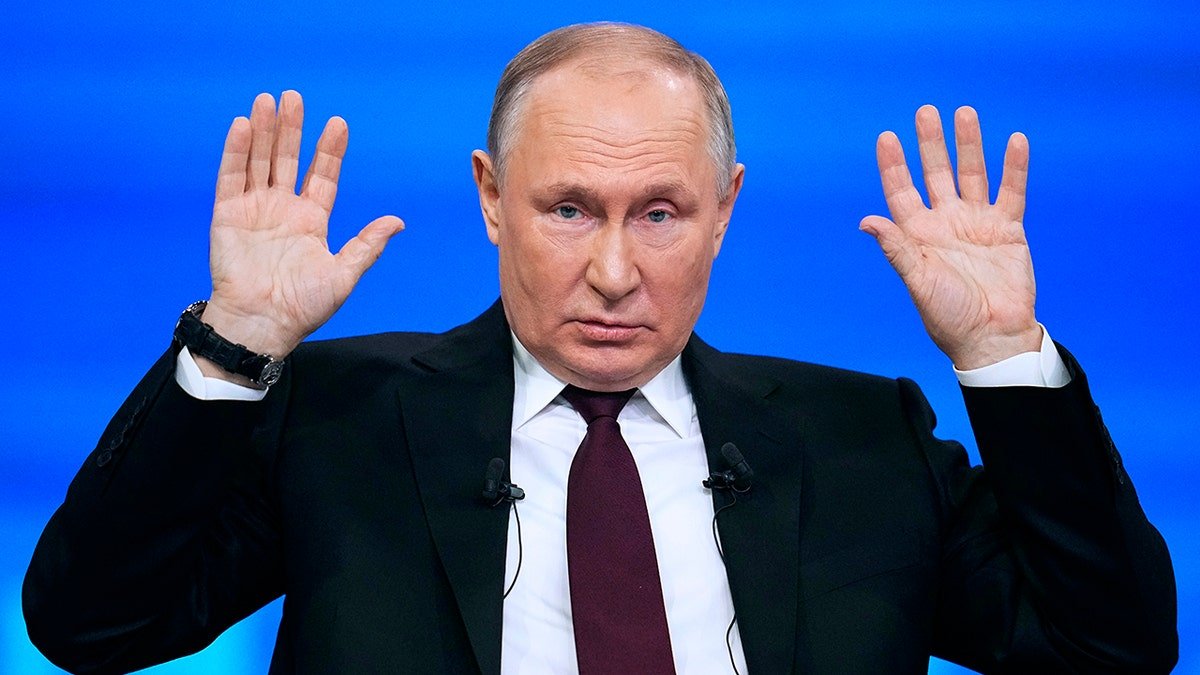NEW DELHI (AP) — U.S. Secretary of State Antony Blinken said Friday that “far too many” Palestinians have died and suffered as Israel wages a relentless war against the militant Hamas group in the Gaza Strip. He urged Israel to minimize harm to civilians and maximize humanitarian assistance that reaches them.
Speaking to reporters in New Delhi, Blinken said recent Israeli moves to improve dire conditions in Gaza as its military pushes deeper into the strip — including pauses in military operations to allow Palestinians to move from northern to southern Gaza and the creation of a second safe corridor — are positive but they are not nearly enough.
“Much more needs to be done to protect civilians and to make sure that humanitarian assistance reaches them,” he said. “Far too many Palestinians have been killed, far too many have suffered these past weeks, and we want to do everything possible to prevent harm to them and to maximize the assistance that gets to them.”
Blinken spoke as he wrapped up an intense nine-day diplomatic tour of the Middle East and Asia — his second frenetic Mideast trip since the war began with Hamas’ deadly incursion into southern Israel on Oct. 7.

The tour focused largely on the Israel-Hamas war amid growing international outrage over the destruction wrought on Gaza and demands for an immediate cease-fire. Neither Israel nor the United States support a cease-fire because they argue Hamas would take advantage of it to regroup and launch new terror attacks.
Blinken said the U.S. has come up with additional proposals how better to protect civilians but did not elaborate.
U.S. officials have said they would like to see Israel introduce longer “humanitarian pauses” in areas beyond the two established safe passage and exponentially expand the amount of assistance getting into Gaza from Egypt by increasing the flow of truck convoys.
The U.S. also remains resolute to secure the release of Israeli and other hostages held by Hamas, get all foreigners who want to leave Gaza out, prevent the violence from spreader to the broader region, and to begin planning for what a post-conflict Gaza will look like, Blinken said.
Starting last week, Blinken’s marathon mission took him to eight countries — Israel, Jordan, Cyprus, Iraq, Turkey, Japan, South Korea and India — as well as the occupied West Bank. But as he did on his previous Mideast tour last month, he encountered skepticism and outright resistance.

JACK GUEZ via Getty Images
Israeli Prime Minister Benjamin Netanyahu in Tel Aviv last Friday rejected the idea of “humanitarian pauses,” saying military pressure on Hamas could not be eased.
“We are going full steam ahead,” Netanyahu said shortly after Blinken warned that Palestinians were being driven toward further radicalism that could perpetuate the unresolved Israeli-Palestinian conflict and leave Israel at greater risk.
Then, Arab foreign ministers accused Israel of war crimes, demanding nothing less than an immediate full-on cease-fire and dismissing Blinken’s call for post-conflict planning as naïve and premature while civilian deaths were rising.
“The Arab countries demand an immediate cease-fire that will end this war,” Jordanian Foreign Minister Ayman al-Safadi told Blinken in Amman on Saturday.
Diplomatically, things weren’t looking much better.
During Blinken’s trip, both Jordan and Turkey recalled their ambassadors to Israel in protest and made clear that Israeli envoys to their countries would not be welcomed back until the conflict was over.

Over the weekend, massive pro-Palestinian demonstrations against the war and U.S. support for Israel rocked capitals around the world, fueling fears of unrest amid a global spike in both antisemitic and Islamophobic incidents.
By the time Blinken had visited Palestinian leader Mahmoud Abbas in Ramallah, made a brief stop in Cyprus, and flown on to Iraq and Turkey on Sunday, it appeared he had won little, if any, support for most of his proposals.
Privately, however, U.S. officials said they were making headway with Netanyahu on the humanitarian pauses and increased aid to Gaza and that the Arab states would in the interim support temporary pauses.
Leaving Ankara on Monday, Blinken acknowledged his efforts remained “a work in progress” while U.S. officials, speaking on condition of anonymity to discuss internal deliberations, insisted prospects for at least some success were not so bleak.
In Tokyo on Tuesday, where Blinken attended a Japanese-hosted meeting of foreign ministers from the Group of Seven leading industrial democracies, there were fears that the bloc, which has overcome differences to remain united against Russia’s war in Ukraine, might split over the Middle East.
Both Japan and France, along with the European Union, had taken less forceful stances in support of Israel. The French had voted in favor of a U.N. Security Council resolution demanding a cease-fire that the U.S. has vetoed. The other G7 members had all abstained on a similar but non-binding General Assembly resolution that the U.S. had voted against.
Behind the scenes, U.S. officials said momentum was shifting.
Israeli officials were beginning to warm to the idea that temporary rolling pauses could both benefit Israel’s militarily and show its willingness to ease civilian hardship. Arab leaders, including Iraqi Prime Minister Mohammed Shia al-Sudani, were stepping up quiet efforts to keep the conflict from spreading.
After Blinken warned of consequences if Iranian-backed militias continued to attack U.S. facilities in Iraq and Syria on Sunday in Baghdad, al-Sudani had travelled to Tehran and met Iran’s Supreme Leader Ayatollah Ali Khamenei in a move U.S. officials suggested was positive.
And, in Tokyo, after a forceful closed-door intervention by German Foreign Minister Annalena Baerbock, the G7 coalesced around a strong statement of support for all of Blinken’s priorities, including an unequivocal condemnation of Hamas and backing for Israel’s right to defend itself.

Anadolu Agency via Getty Images
They also backed humanitarian pauses and corridors, post-conflict planning for Gaza, and an eventual restoration of a process to bring lasting peace through a two-state solution.
As Blinken concluded bilateral talks with South Korean leaders in Seoul and made his way to India, Israel announced daily four-hour humanitarian pauses, with a three hours’ notice, and the opening of a second safe corridor for Palestinians to leave northern Gaza to seek safety in the south.
“We appreciate the fact that” Israel finally agreed to the pauses, Blinken said as he stopped in New Delhi, more than a week after starting his mission.
“As I’ve said, from the start, this is a process and it’s not always flipping the light switch,” he said. “But we have seen progress. We just need to see more of it.”








